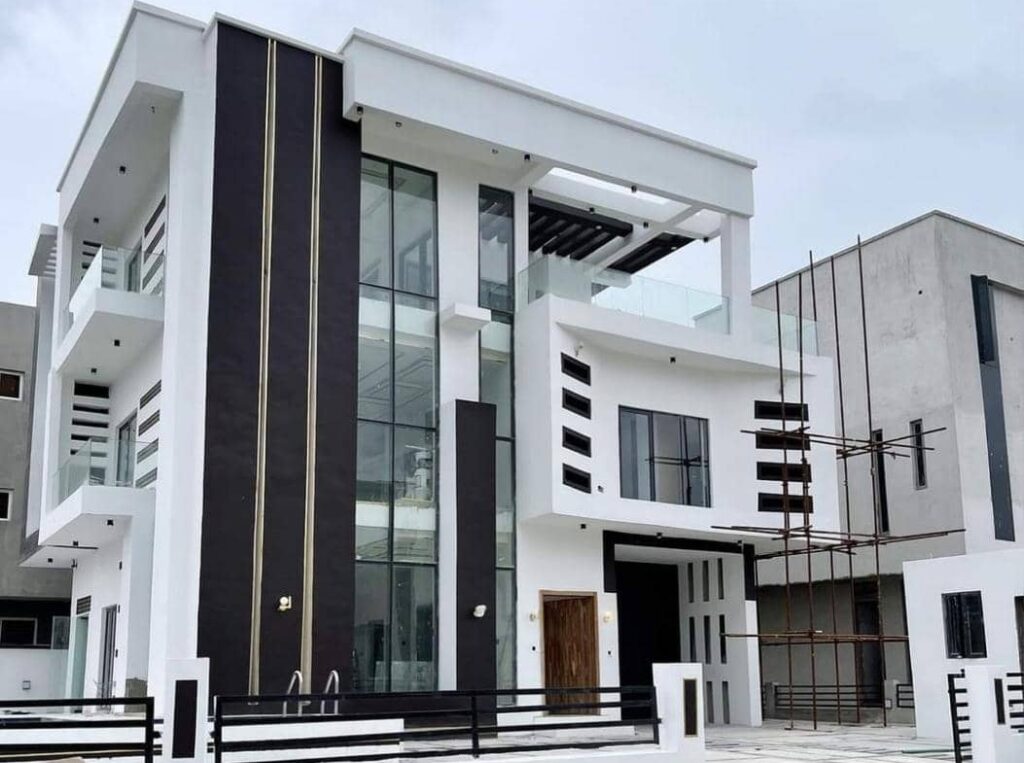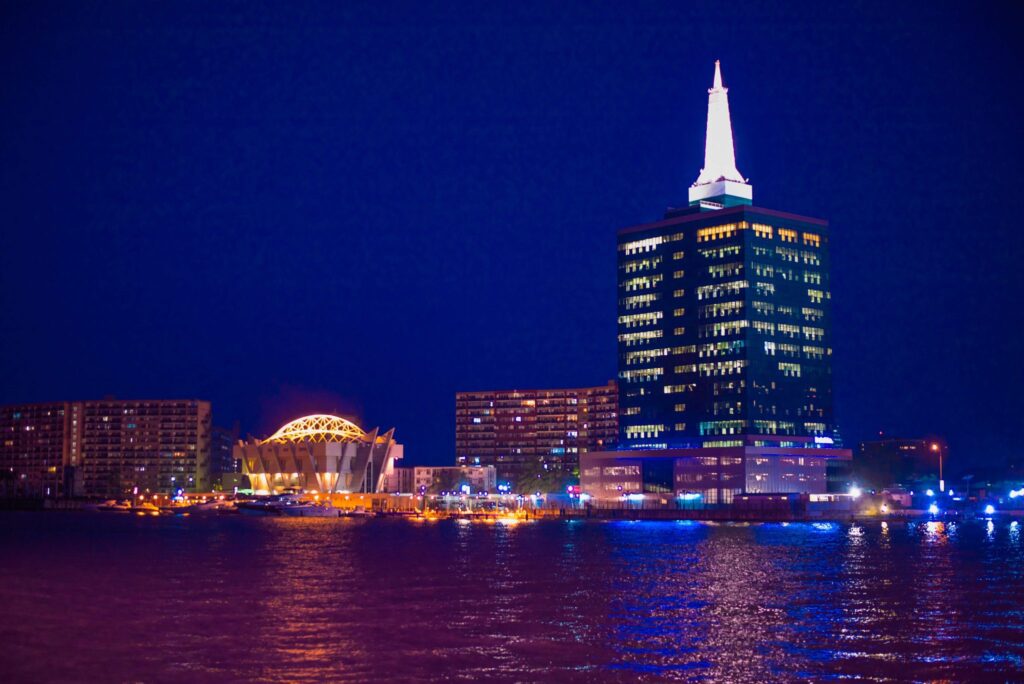Lagos, the economic heartbeat of Nigeria, has been witnessing a relentless surge in house rent, leaving residents grappling with the increasing cost of accommodation. In this article, we delve into the historical context of rising rent, examine the current prices for standard apartments, explore potential solutions for the rental increase, and project what the future holds for the rental market in Lagos over the next five years.
History of Surging Rent in Lagos:
The surge in house rent in Lagos can be traced back to the city’s rapid urbanization and population explosion. As Nigeria’s commercial hub, Lagos has experienced an influx of people seeking employment opportunities, placing immense pressure on the housing market. This demand-supply imbalance, coupled with inadequate urban planning, has created a scenario where landlords capitalize on the scarcity, leading to consistent rent hikes.
As of the latest data, standard apartments in Lagos command premium prices. In prime areas like Victoria Island and Ikoyi, a 2-bedroom apartment can range from ₦5 million to ₦20 million per annum, while similar properties in mainland areas like Ikeja and Surulere can cost between ₦1.7 million and ₦4 million. These escalating prices reflect the increasing pressure on the housing market, making it challenging for middle-income earners to secure affordable accommodation.
Solutions for the Rental Increase:
Addressing the surging house rent in Lagos requires a multi-pronged approach. Policymakers should focus on urban planning and infrastructure development to accommodate the city’s growing population. Implementing rent control policies and providing incentives for real estate developers to invest in affordable housing projects can help strike a balance between demand and supply. Collaborative efforts between the government and private sector are essential to alleviate the housing crisis.



Forecast for Rent in Lagos in 5 Years:
Predicting the trajectory of house rent in Lagos over the next five years involves considering current trends and potential interventions. With concerted efforts towards urban development and affordable housing initiatives, there’s hope for a more balanced rental market. However, the sustained population growth and economic dynamics may pose challenges. It is crucial for stakeholders to remain proactive and adaptable to ensure sustainable solutions for accessible housing in the future.
Conclusion:
The surging house rent in Lagos is a multifaceted challenge that demands strategic and collaborative solutions. As the city continues to evolve, it is imperative for policymakers, real estate developers, and the community to work together to create a housing landscape that is both sustainable and affordable. The path to addressing the rental increase requires a unified commitment to shaping a housing market that caters to the diverse needs of Lagos residents.
